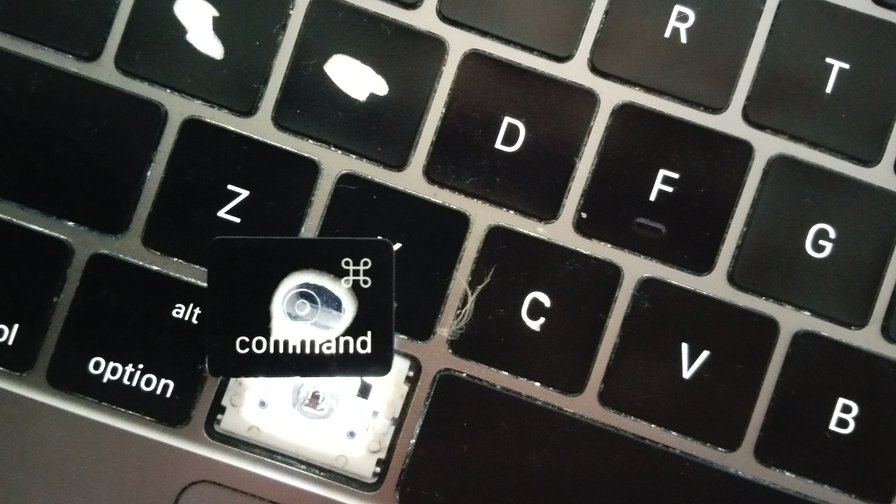Linkage
It’s the last day of classes for the winter quarter here at UCI, and a good time for some spring cleaning of old bookmarked links. Probably also a good time for a reminder that Google+ is shutting down in two weeks so if, like me, you still have links to it then you don’t have long to replace them with archived copies before it gets significantly more difficult.
-
The University of California cancels its subscriptions to Elsevier journals after failing to agree on open access (\(\mathbb{M}\)). I support this decision, but it means that new papers in Elsevier journals will be harder for me to read. (I will still have access to pre-2019 papers.) More recently, Norway has also cancelled its subscriptions.
-
My keyboard needed replacement but fortunately the Apple Keyboard Service Program came through (\(\mathbb{M}\)).

-
A crisis of identification (\(\mathbb{M}\), via). David Roberts summarizes the state of play in the claimed proof of the \(abc\) conjecture. The linked site, Inference Review, looks like an interesting platform for essays on mathematics.
-
Plan S is a push for funding agencies to require research to be open access. While it’s no surprise that publishers would push back, there are concerns from the side of open access “that the technical requirements are too high and will result in only large, well-funded publishers and repositories to become compliant”. See the opinions from the European Mathematical Society, arXiv, and Confederation of Open Access Repositories (\(\mathbb{M}\)).
-
Visualization of the shockwaves created by supersonic aircraft (\(\mathbb{M}\)), created by NASA using aerial schlieren photography and stunt piloting.
-
I’m currently preparing a couple of papers, in the LaTeX format for the LIPIcs computer science conference proceedings series. I’ve written here before about the trickery needed to get the hyperref package and autoref macro to work in LIPIcs. Now, finally, with the v2019 version of LIPIcs format, it’s much easier: just add [autoref] to the options in the documentclass. Why they don’t turn this on by default is beyond me (\(\mathbb{M}\)).
-
Today we learned you can sail in a straight line from the UK to New Zealand (\(\mathbb{M}\)).
-
László Szabó reviews my book for MathSciNet (\(\mathbb{M}\), subscription required).
-
Cantarella, Needham, Shonkwiler, and Stewart write in the Monthly about an interesting smooth probability distribution on the shapes of triangles (\(\mathbb{M}\)).
-
Sums of three cubes (\(\mathbb{M}\), via), a notoriously hard Diophantine equation for which Andrew Booker has found the new solution
\[33 = 8866128975287528^3+(-8778405442862239)^3+(-2736111468807040)^3.\]But don’t listen to Stephen Wolfram when he tells you that the simplest representation for \(2\) is
\[2 = 1214928^3+3480205^3+(-3528875)^3.\] -
László Lovász has agreed to allow the \(\approx 5000\) researchers of the Hungarian Academy of Sciences (MTA) to be separated from the academy itself (\(\mathbb{M}\)). And an open letter asks him to resist pressure from the Hungarian government to dismantle the MTA’s research centers and place researchers under “direct political control”. I don’t know enough to tell whether his agreement is resistance or a concession, but it warrants continued attention.
-
Vi Hart’s \(\pi\)-day video (\(\mathbb{M}\)) conveys what I feel about the significance of random concatenations of digits. Andrew Taylor’s Aperiodical piece on average numbers of representations as sums of squares is good too.
-
Quanta on the work of Fernando Codá Marques and André Neves on the existence of minimal surfaces within arbitrary geometric manifolds (\(\mathbb{M}\)). The vague non-technical language is a little frustrating but I think that’s what they mean by “shape”.